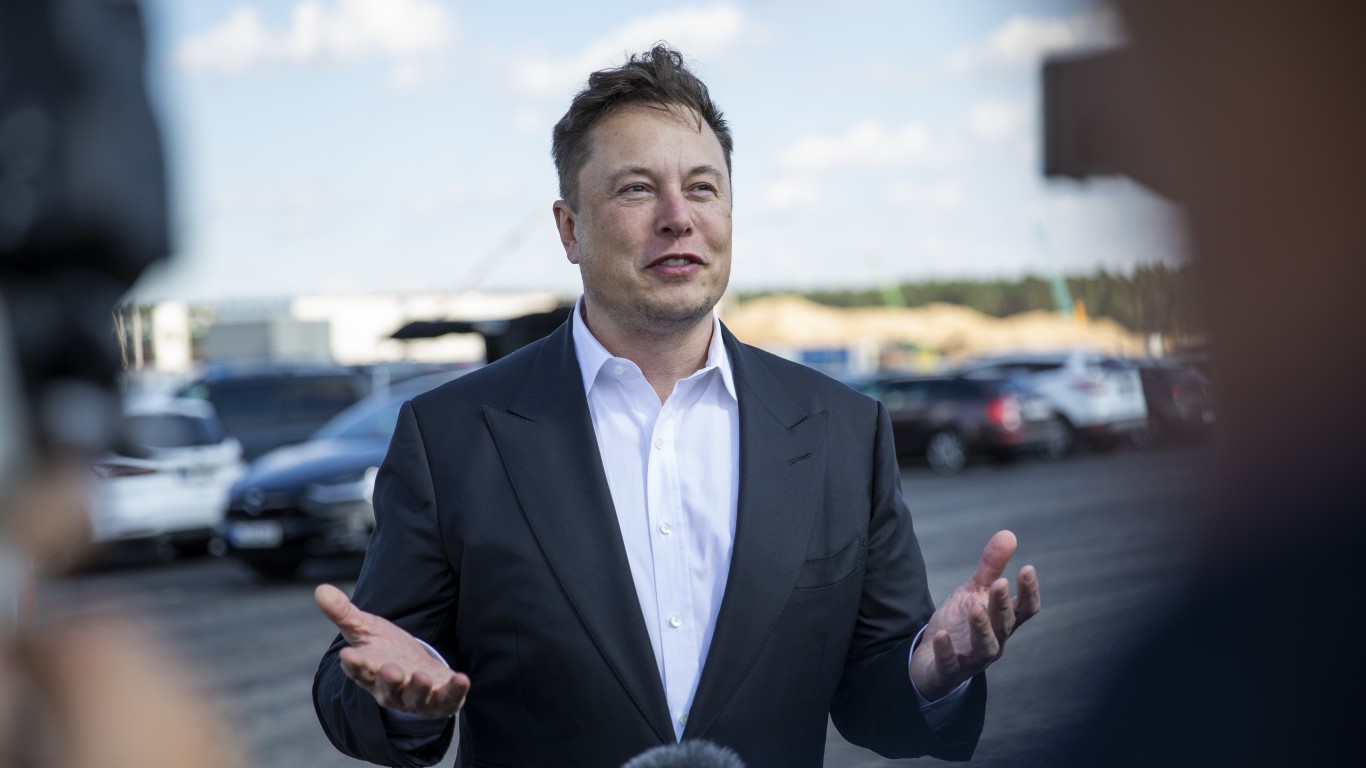 Obama will meet with China “enemy of the state”, the Dalai Lama, spiritual leader of Tibet. The Chinese government has already protested the visit. The US will sell $6.4 billion in arms to Taiwan, which China views as a rouge province over which it should have dominion. The People’s Republic say it will retaliate by cutting off purchases of goods from the US companies which build the weapons.
Obama will meet with China “enemy of the state”, the Dalai Lama, spiritual leader of Tibet. The Chinese government has already protested the visit. The US will sell $6.4 billion in arms to Taiwan, which China views as a rouge province over which it should have dominion. The People’s Republic say it will retaliate by cutting off purchases of goods from the US companies which build the weapons.
All of this happens against a backdrop of American government complaints about the value of the yuan and a trade war which includes tariffs of some Chinese-made rubber tires exported to the US.
The American chicken has become the latest victim of the escalating tensions between the world’s No.1 and No.3 economies.
The mainland will levy heavy tariffs on the import of American chicken products. Some of these duties are as high as 80% and involve goods from Tyson ((TSN) and Pilgrim’s Pride (PPC). The two companies rely enough on exports that there sales and earnings could be significantly affected by the Chinese decision.
The news shows the extent to which China is willing to retaliate against US trade actions and the extent to which the American government will go to ignore Chinese wishes on military and human rights issues. The pace at which the disputes are growing is accelerating and 2010 may well end up as the year in which the tensions between two radically different forms of government and two widely different trade philosophies boil over.
It is hard to say what the effects of an all out trade war between the US and China might bring. China could substantially damage US companies such as Wal-Mart (WMT) and McDonald’s (MCD) by restricting their businesses in China which have become a significant part of their global revenue. The US could block the import of inexpensive Chinese goods which are sold by thousand of retail firms and product companies. These corporations are unlikely to be able to source inexpensive goods to replace those from China, if they can be replaced at all. China’s manufacturing capacity is unmatched around the world.
A severe limit on Chinese goods would probably eventually help revive the crushed US manufacturing base which has been decimated by the collapse of American industries, especially auto manufacturing. But, a drop in Chinese imports probably means that US consumer will pay more for many goods. US labor costs are not likely to match those in China. “Made in the USA” is nice in theory, but expensive for the people who buy the products that are made.
Douglas A. McIntyre
Take Charge of Your Retirement In Just A Few Minutes (Sponsor)
Retirement planning doesn’t have to feel overwhelming. The key is finding expert guidance—and SmartAsset’s simple quiz makes it easier than ever for you to connect with a vetted financial advisor.
Here’s how it works:
- Answer a Few Simple Questions. Tell us a bit about your goals and preferences—it only takes a few minutes!
- Get Matched with Vetted Advisors Our smart tool matches you with up to three pre-screened, vetted advisors who serve your area and are held to a fiduciary standard to act in your best interests. Click here to begin
- Choose Your Fit Review their profiles, schedule an introductory call (or meet in person), and select the advisor who feel is right for you.
Why wait? Start building the retirement you’ve always dreamed of. Click here to get started today!
Thank you for reading! Have some feedback for us?
Contact the 24/7 Wall St. editorial team.





